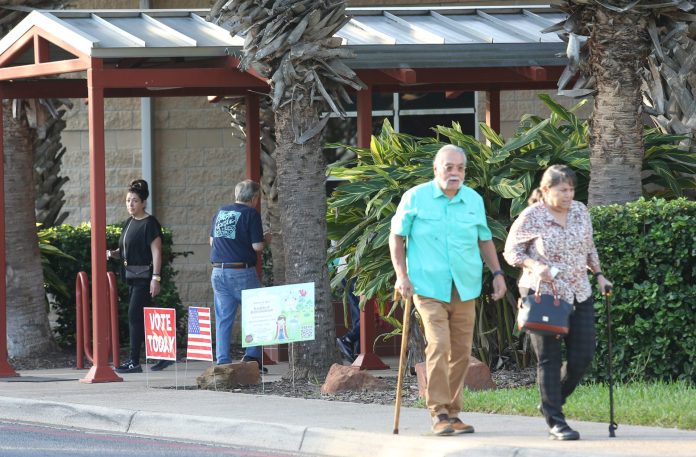
|
Only have a minute? Listen instead
Getting your Trinity Audio player ready...
|
One of the biggest issues now affecting our elections is the flood of misinformation that can affect public perceptions of major issues, from immigration to the economy and other major topics. How do we know whom to believe? What’s right and what’s wrong?
Candidates and their supporters increasingly spit out inaccurate information and try to convince voters to disregard conflicting data, even if those data are verifiable and even more logical. Foreign entities, including rogue governments hoping to secure the election of candidates who might be more friendly or compliant and even terrorist organizations trying to disrupt or even weaken our democracy, have started injecting false information into popular social media streams and artificial news reports.
An entire industry has grown of people working endlessly to fact-check information and try to separate fact from fiction — but even they have been mirrored by disseminators of falsehoods who pose as fact-checkers themselves and try to discredit accurate information.
Even as the good guys work overtime trying to clear things up, others continue to work just as hard to muddy the waters as much as possible.
Such a wide range of information, and informers, proliferating on the internet can be confusing. Unfortunately, many people place their trust in certain people they like or information that happens to agree with their own preconceived opinions. Those sources, however, might not be accurate — either by accident or design.
So how can we know who’s right and who isn’t?
Longstanding news sources often are among the most reliable. Those who push misinformation have worked hard — and to an extent succeeded — trying to weaken trust in traditional news organizations. It’s most reasonable, however, to understand that such an organization isn’t likely to undermine the reputation it spent decades to build, and perhaps jeopardize its own future, by knowingly publishing falsehoods.
Certainly, some major organizations that disseminate news practice advocacy heavily or let their biases color their reporting. Many of them are known for those biases. Most news media, however, still strive to present the news objectively, and clearly identify opinion when they publish it.
In most cases, however, traditional news organizations can still be trusted more than many politicians who simply want to gain access to your tax dollars for a few years, and will say or do anything to get it.
If your source of information tells you to ignore other sources, beware. Reputable sources usually invite scrutiny, and usually tell you where they got their information so that you can check it yourself and determine its veracity.
Either way, voters — and everyone, since we all are affected by the workings of government and the actions of public officials — should do their best to stay informed about the issues, the political machinery and those who sit at the controls.
Staying informed is becoming increasingly challenging in this era of misinformation. Healthy skepticism of all information, and knowing how to better sort out fact from fiction, can help people make the best decisions, both in and beyond the voting booth.



